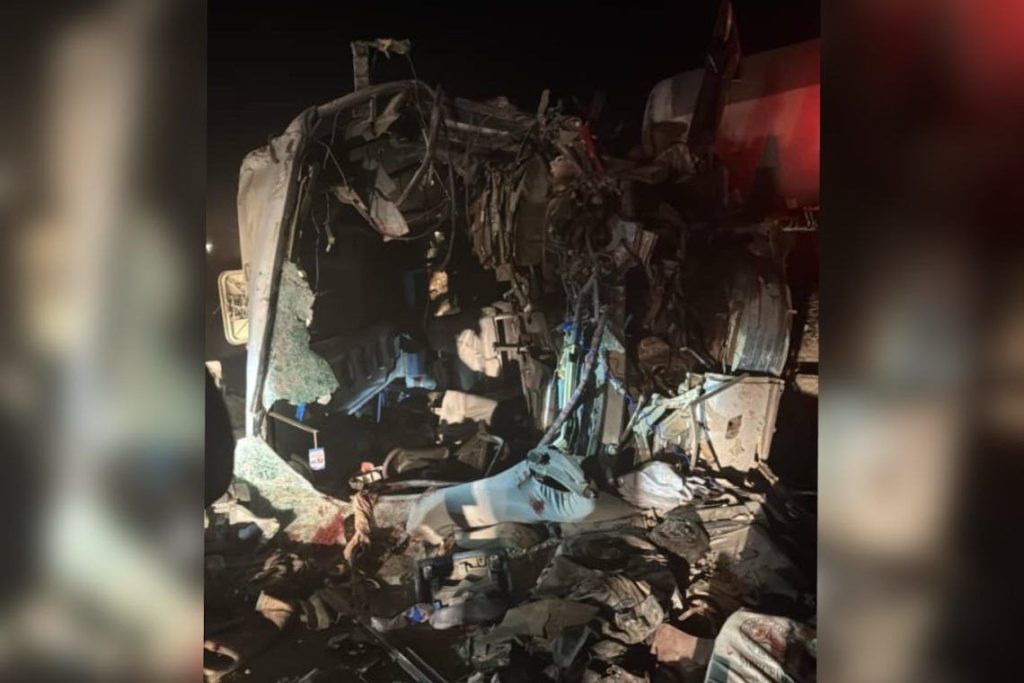Donald J. Trump has become the first U.S. president to be convicted of a crime, a New York jury finding him guilty of falsifying documents to cover up a payment to silence a porn star ahead of the 2016 election. The verdict marks a significant milestone in American political history, with far-reaching implications for the upcoming presidential election.
Jury Deliberates for Two Days, Returns Unanimous Verdict
Kabul 24: After two days of deliberation, the 12-member jury pronounced Trump guilty on all 34 felony counts he faced. Trump watched dispassionately as the jurors were polled to confirm the unanimous verdict. The conviction is a major setback for Trump, who has consistently denied any wrongdoing.
Sentencing Set for July 11, Ahead of Republican Party Nomination
Justice Juan Merchan set sentencing for July 11, just days before the Republican Party is scheduled to formally nominate Trump for president ahead of the November 5 election.
The crime of falsifying business documents carries a maximum sentence of four years in prison, though those convicted often receive shorter sentences, fines, or probation. Incarceration would not legally prevent him from campaigning or taking office if he were to win.
Trump Denies Wrongdoing, Plans to Appeal
Trump, who will not be jailed ahead of sentencing, continues to deny wrongdoing. His attorney announced plans to appeal as quickly as possible. “This was a disgrace,” Trump told reporters afterward, proclaiming his innocence and repeating his complaints that the trial had been rigged against him.
Impact on Upcoming Election Uncertain
The verdict plunges the United States into unexplored territory ahead of the November vote, when Trump will try to win back the White House from Democratic President Joe Biden.
Trump, 77, remains a significant figure in American politics despite this unprecedented conviction. The outcome of the election will now depend on how the public reacts to this development and how it affects Trump’s campaign.
Historic Significance of the Conviction
The conviction of a U.S. president is a rare and significant event in American history. It raises questions about the accountability of political leaders and the legal system’s ability to hold them accountable for their actions.
The verdict also underscores the importance of transparency and honesty in politics, as well as the need for strong legal safeguards to prevent abuse of power.







